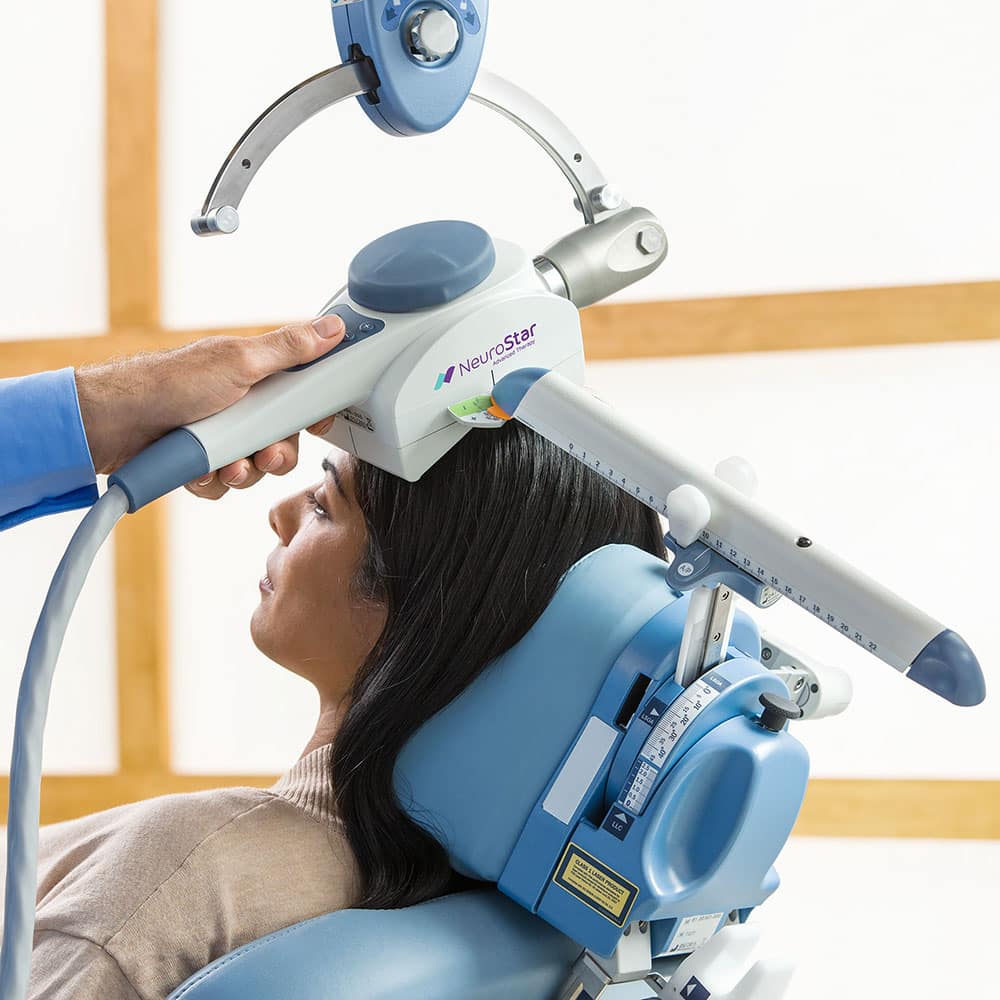Transcranial Magnetic Stimulation-TMS
TMS Therapy is a new treatment cleared by the US Food and Drug Administration (FDA) for patients suffering from depression who have not achieved satisfactory improvement from prior antidepressant treatment. TMS stands for “Transcranial Magnetic Stimulation”
Non-Invasive
meaning that it does not involve surgery. It does not require any anesthesia or sedation, as the patient remains awake and alert during the treatment
Non-Systemic
meaning that it is not taken by mouth and does not circulate in the blood stream throughout the body.


